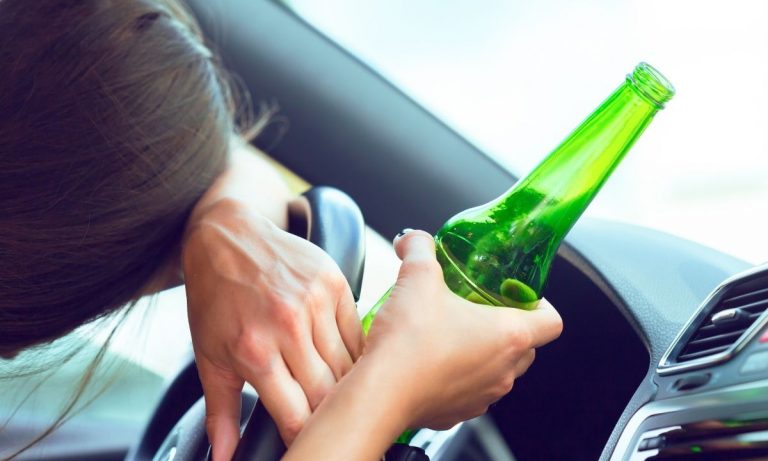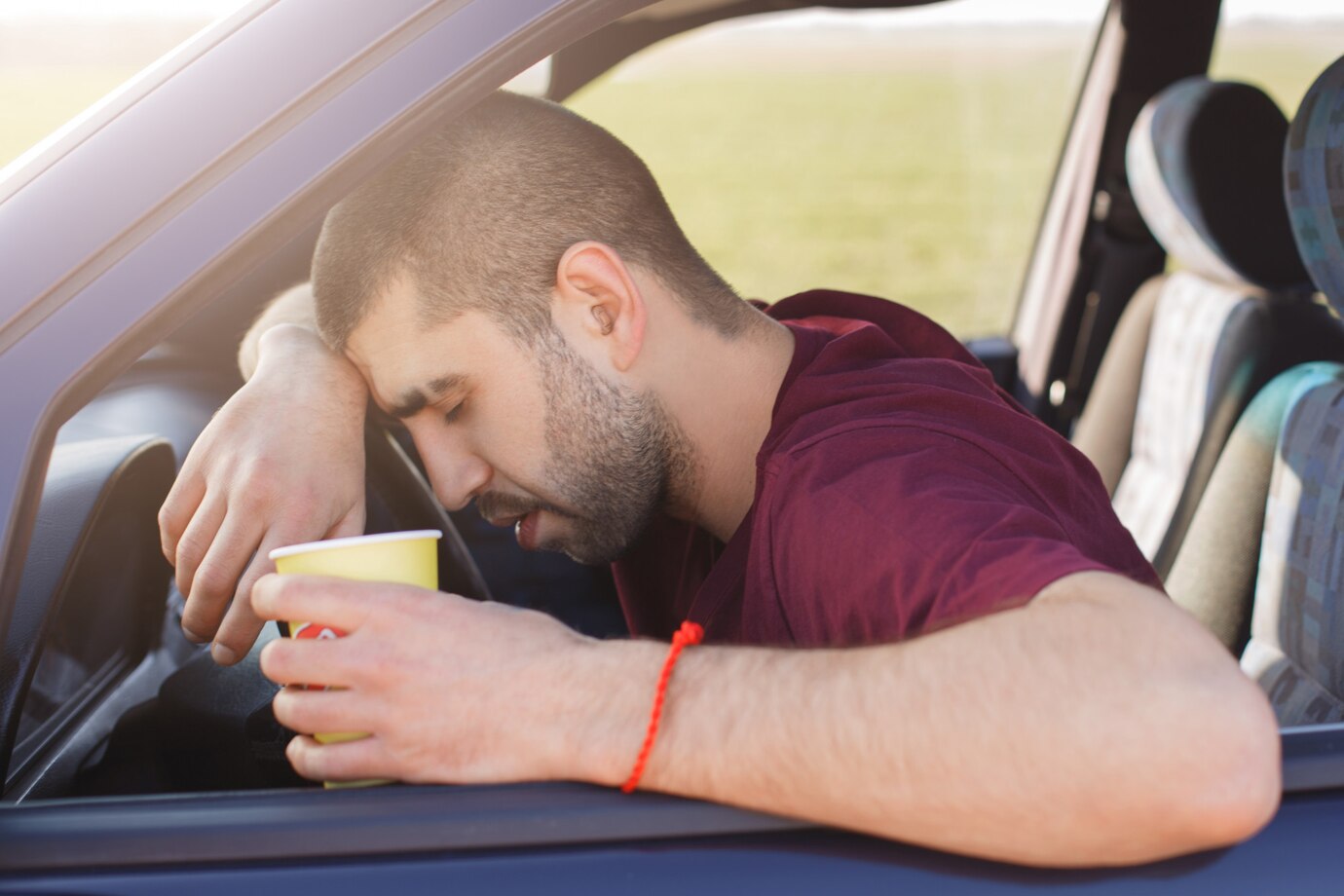The Damages You Can Recover in a DUI Accident Case
Nov 27, 2023 17:35

Every year, countless lives are impacted by the reckless decision to drive under the influence (DUI). Recent statistics reveal a startling reality: DUI accidents account for a significant portion of road fatalities and serious injuries.
This alarming trend not only highlights the need for awareness but also underscores the rights of victims involved in such tragic incidents. For those who have suffered due to a DUI accident, understanding the legal framework is crucial, especially when it comes to their entitlement to recover damages.
This article is a comprehensive guide to help victims understand the damages they can claim. Whether it's medical expenses, lost wages, or emotional trauma, our focus is to enlighten you on your rights and the legal avenues to recover damages in a DUI accident case, ensuring you are not left to bear the burden of someone else's negligence.
Types of Damages in DUI Accident Cases
When you're the victim of a DUI accident, the range of damages you can claim is broad, primarily divided into economic and non-economic categories.
Economic Damages
Economic damages are quantifiable financial losses that result directly from the accident. These include:
● Medical expenses: This covers all medical-related costs, both immediate and long-term. From emergency room visits to rehabilitation and future medical care, these expenses ensure your recovery process does not financially burden you.
● Lost wages and loss of earning capacity: If the accident impacts your ability to work temporarily or permanently, you can claim lost wages. This also extends to diminished earning capacity if your ability to earn in the future is affected.
● Property damage and related costs: This encompasses your vehicle's repair or replacement costs and any other personal property damaged in the accident.
Understanding these economic damages is crucial for victims to fully comprehend their rights and the compensation they're entitled to.
Non-Economic Damages
Beyond financial losses, DUI accident victims often endure non-economic damages, which are less tangible but equally impactful. These include:
● Pain and suffering: This refers to the physical pain and discomfort endured during and after the accident. It recognizes the ongoing agony that might not have a direct monetary value.
● Emotional distress and trauma: Accidents can leave deep psychological scars. Compensation for emotional distress addresses anxiety, depression, PTSD, and other mental health issues resulting from the incident.
● Loss of enjoyment of life: This damage acknowledges that the victim's quality of life has been diminished due to the accident, affecting their ability to enjoy the daily activities and hobbies they once cherished.
● Loss of consortium: Often claimed by the spouse or close family members of the victim, this damage relates to the loss of companionship, support, and affection resulting from the injuries sustained in the accident.
These non-economic damages are crucial in acknowledging and compensating for the full spectrum of the victim's suffering.
Punitive Damages in DUI Cases

Punitive damages in DUI cases serve a unique role. They are not just about compensating the victim but also about punishing the offender for their reckless behavior. These damages are awarded when the actions of the DUI driver are found to be especially harmful or egregious.
The criteria include a demonstration of gross negligence or intentional misconduct. For instance, in cases where the driver was excessively over the legal alcohol limit or had a history of DUI, courts have awarded punitive damages.
These serve as a deterrent, sending a clear message about the consequences of such dangerous behavior on the road. Examples in legal history show punitive damages reaching significant amounts, reflecting the severity of the offender's actions and the court's stance on deterring similar conduct in the future.
Conclusion
DUI accidents leave a profound impact not only on individuals but also on communities. They bring untold suffering and financial strain to victims while highlighting a persistent societal issue. Understanding the various damages victims can recover through personal injury law offers a pathway to justice and rehabilitation.
Communities must acknowledge the severe repercussions of such negligence and work collectively towards prevention. Ultimately, pursuing fair compensation in DUI cases is not just about individual recovery but also about fostering a safer, more responsible society.







































































